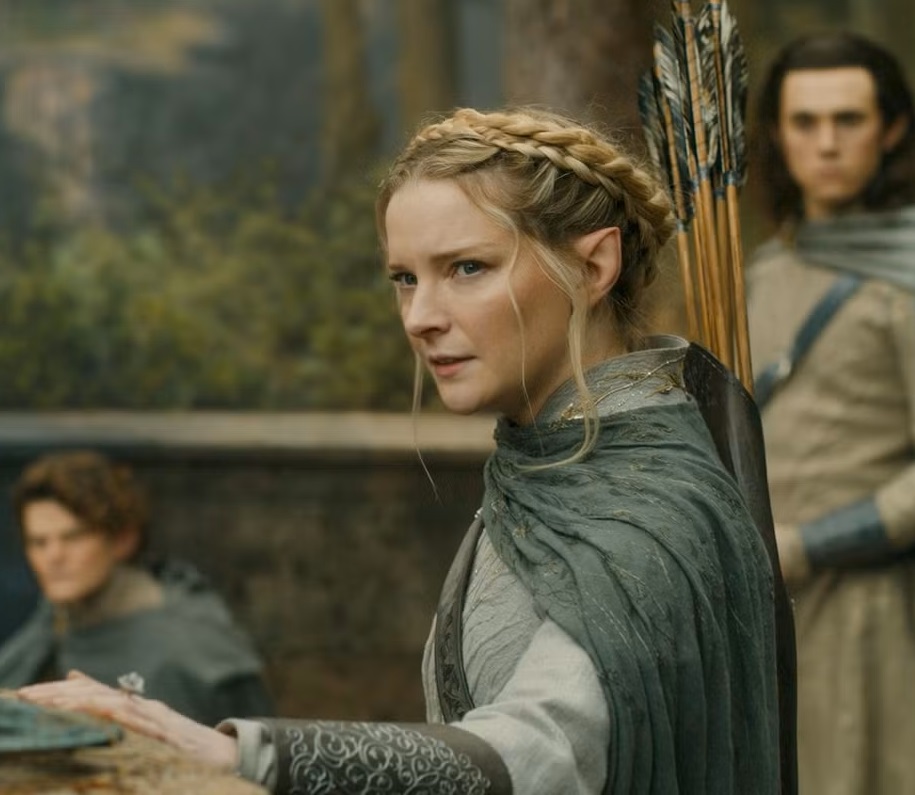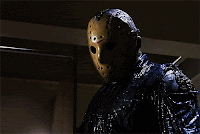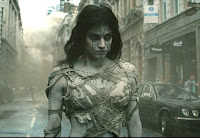
I’m planning out this massive book tour for God’s Junk Drawer at the end of the year and it’s kind of freaking me out in a few ways. Once or thrice now I’ve sort of stopped and quietly shifted my attention to… something else. Anything else. Because then I don’t have to think about how I’m doing all this traveling and signing and talking in just ha ha ha ha like two months. Holy crap, it’s seriously only two months away now.
So let’s talk about something else.
Well, no, hang on. Let’s talk about that. About being a little scared and freaked out. And how it can effect us.
I think a lot of time when people say they have writer’s block, what they really mean is they’re worried that the thing they want to write just isn’t good enough. That their take on it isn’t good enough. Heck, maybe they’re not even the person who should be writing it. It’s not worth doing, especially not with everything going on in the world! Is this page, that paragraph, this sentence as good as it could be? Is this the best way to describe this? Will my writing sell, win awards, or get me mocked on TikTok?
Most of us go through this at one point or another. We start over-analyzing our work and second-guessing everything we put down. And eventually… we don’t so anything. I’ve mentioned the term paralysis by analysis before, which sums this up perfectly. We get so scared at the thought of doing the wrong thing—something that isn’t perfect—that we don’t do anything.
And it’s kind of understandable, right? None of us want to waste time writing the wrong stuff. Putting down a lot of words that we know aren’t the right ones. That’s not how real artists do it.
We’ve talked about this before, though. Not getting it perfect the first time is pretty normal for writing. I need to get past this idea my work should be flawless out of the gate and just admit my first draft isn’t going to be perfect. Maybe not the second draft, either. It’s going to need editing. Maybe lots of editing. Possibly even major rewrites. That’s just the way this whole writing goes.
Once I can admit this to myself, I can get past that block—that fear—and my productivity will go through the roof.
Another cause of writer’s block is a voice issue, or possibly an empathy issue. A lot of us tend to write the way we speak, especially when we’re just starting out. Maybe a little cleaner or clearer, but it’s not unusual for our narrative voice and character voices to use all the same words and phrases and metaphors that we do in our day to day life. It’s normal because it comes naturally. It’s us telling stories about characters who also talk like us.

But at some point—maybe early on, after a few months, maybe a few years in some cases… things stop matching up. We realize that high elf ladies of court and interdimensional aliens probably shouldn’t talk like stagehands from San Diego. They’re not going to see the world the same way a retail clerks from Amherst would. They’re going to have different vocabularies and cadences. They’re not going to sound like me.
And suddenly I’m not writing “naturally” anymore. It’s not that easy gush of words. I need to put myself in a different headspace and look at the world—even this made-up fictional world—in different ways. It takes effort! It’s work.
For some folks this becomes writers block. It’s not that they can’t write, they just can’t understand why it’s become an effort. Because writing should be glorious and effortless, yes? And if it isn’t… well, I should probably wait for the muse to return and the words to flow.
There’s one other big thing that I think can cause writer’s block. And it’s a painful one.
Sometimes people have writer’s block because they don’t have anything to write.
There’s a lot of reasons people sit down and try to write. Could be I have a clever idea, but no real story. Perhaps I just think it’ll be an easy side-hustle to make some money. Maybe I want the adoration for a finished work more than I want to… well, write something.
I know this sounds harsh, but I also know most of us—one way or another—are acquainted with someone like this. Someone who likes the idea of being a writer more than the reality of being a writer. And these folks will talk about being blocked when the truth is they just have no real interest in the act of writing. But I mean if they’re blocked… I mean, that can’t be helped, right?
You may notice one thing I haven’t mentioned is “all this crap going on in my life.” And these days… yeah, there can be a lot of it. It can feel overwhelming and exhausting and oh sweet jebus how do some people find time to write? How is he getting so much done?!?
But that’s not being blocked. That’s just being tired. It’s a self care issue. A scheduling problem. It’s reality, and we’re all living in it (well, most of us). Sometimes, we all have to put the writing aside for a while and deal with, well, life. That’s just the way it goes.
Y’see, Timmy, I don’t really believe in writer’s block. I think it’s just a big, catch-all name we throw over other problems. Fear. Inexperience. Lack of interest. It’s intimidating when it’s a vague concept, but once we break it down and actually identify it, we can address it. And deal with it.
And beat it.
Oh, minor segue– if you’re in the San Diego area this Sunday, I’m filling in for Jonathan Maberry and hosting the Writers Coffeehouse at Mysterious Galaxy Bookstore, noon to three. It’s absolutely free, no requirements, no sign-ups, no minimums, no secret password needed. Just show up and talk about writing, publishing, and some of the weird spots where they overlap (or don’t talk and just lurk). Bring your questions and I’ll try to bring some answers. And if I don’t have them, someone else there probably will.
Next time… okay, I know people are still reading this thing, but I feel like I’m just throwing stuff out there. Much like the Coffeehouse, is there anything in particular anyone would like me to talk about or address? Just drop a comment down below. Otherwise I’ll… I don’t know, give you a top ten list or something.
Until then… go write.








